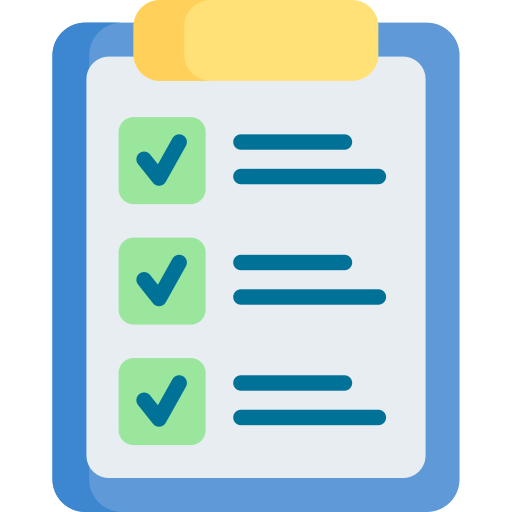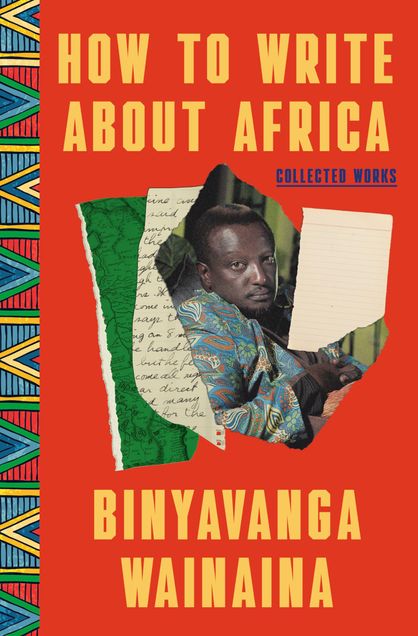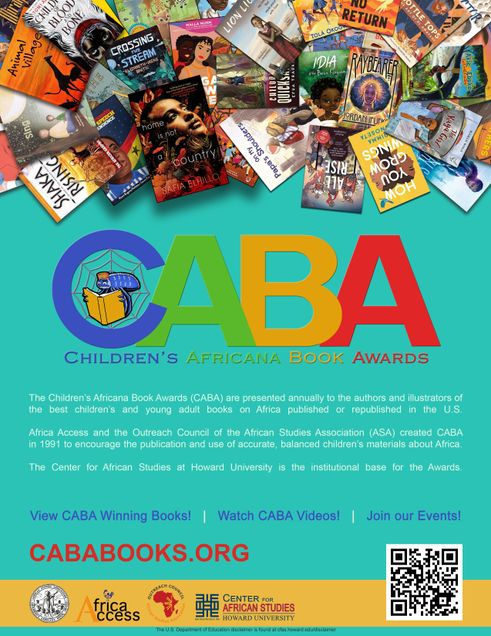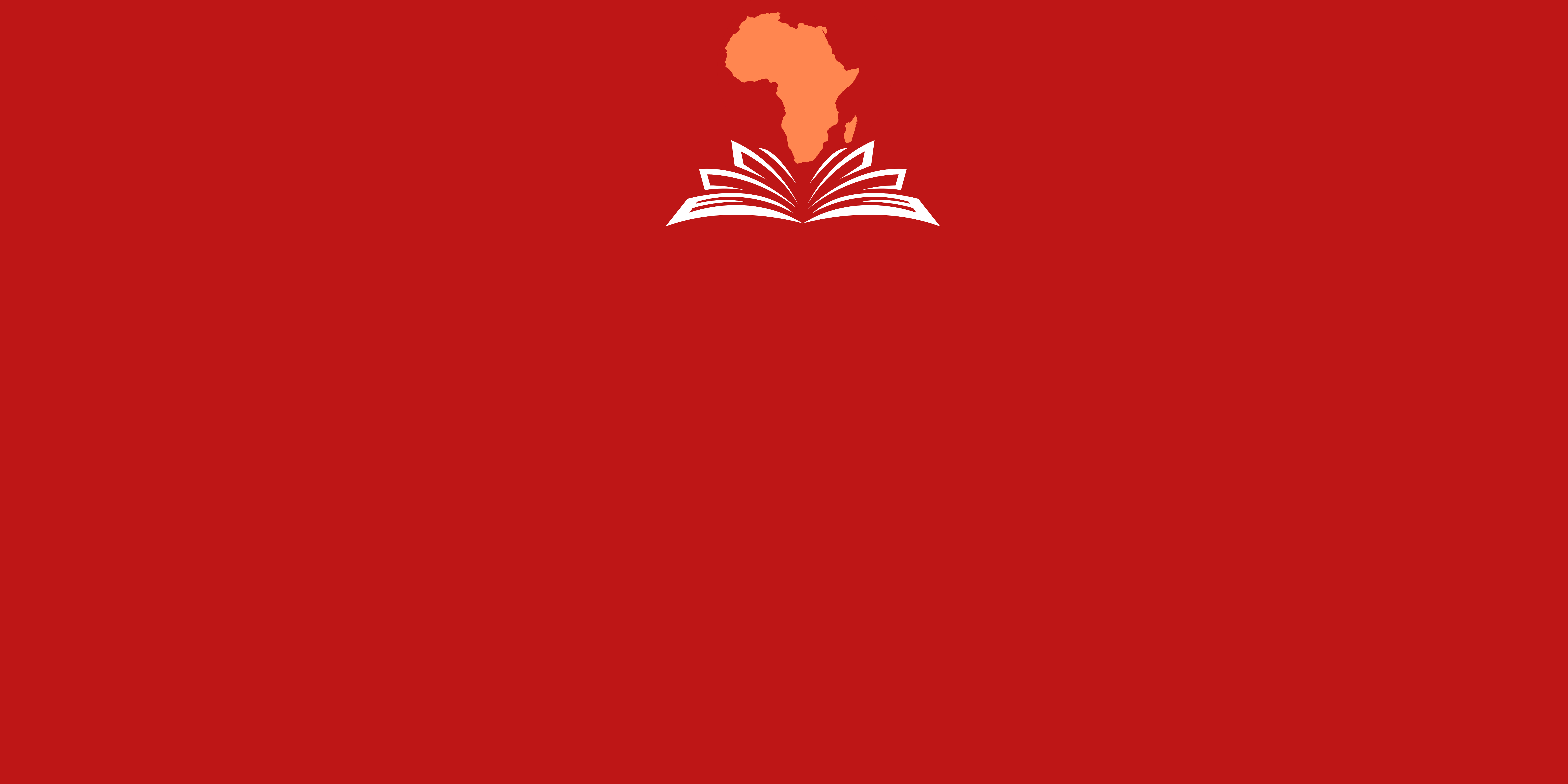Literature about Africa
Getting Started on Literature on Africa
 Criteria for Evaluating Books & Materials on Africa Criteria for Evaluating Books & Materials on Africa
How do you know how to assess the books, texts, and materials you select on Africa? This list can guide you and it also can be used as a critical thinking activity with students. |
 How to Not Discuss African Fiction by Ainehi Edoro How to Not Discuss African Fiction by Ainehi EdoroThis excellent short piece by Ainehi Edoro highlights common biases that are made when evaluating African literature. A must read! |
 How to Write about Africa, by Binyavanga Wainaina A good place to start with middle school or high school students may be Binyavanga Wainana’s satirical essay that critiques the ways Africa has been written about in Western texts. Originally published in 2005, this short text has become a classic. How to Write about Africa, by Binyavanga Wainaina A good place to start with middle school or high school students may be Binyavanga Wainana’s satirical essay that critiques the ways Africa has been written about in Western texts. Originally published in 2005, this short text has become a classic. |
 The Children’s Africana Book Awards (CABA) are presented annually to the authors and illustrators of the best children’s and young adult books on Africa published or republished in the U.S. It is led and housed at the Howard University Center for African Studies. Africa Access and the Outreach Council of the African Studies Association (ASA) created CABA in 1991 to encourage the publication and use of accurate, balanced children’s materials about Africa. CABA has three major objectives (1) to encourage the publication of children’s and young adult books that contribute to a better understanding of African societies and issues, (2) to recognize literary excellence, and (3) to acknowledge the research achievements of outstanding authors and illustrators. The awards are presented in three categories: Young Children, Older Readers and New Adult (books marketed to adults but suitable for mature teens). The best place to start for good books about Africa for children and youth is to look at the all-time awardee list. The Children’s Africana Book Awards (CABA) are presented annually to the authors and illustrators of the best children’s and young adult books on Africa published or republished in the U.S. It is led and housed at the Howard University Center for African Studies. Africa Access and the Outreach Council of the African Studies Association (ASA) created CABA in 1991 to encourage the publication and use of accurate, balanced children’s materials about Africa. CABA has three major objectives (1) to encourage the publication of children’s and young adult books that contribute to a better understanding of African societies and issues, (2) to recognize literary excellence, and (3) to acknowledge the research achievements of outstanding authors and illustrators. The awards are presented in three categories: Young Children, Older Readers and New Adult (books marketed to adults but suitable for mature teens). The best place to start for good books about Africa for children and youth is to look at the all-time awardee list. |
Foundational Work on Selecting Texts about Africa
|
Curriculum Units & Lesson Plans
 Ajami Literacies of Africa(Middle/High School Curriculum Unit)This lesson about Ajami will be useful if you teach about:
|
|
South African Short Stories: Apartheid, Civil Rights, and You(Middle/High School Curriculum Unit)Created by high school teacher Carol Marshall, these lesson plans will not only introduce students to a diverse group of South African writers and literature, but also help students to begin to understand how apartheid created discriminatory and despicable laws, boundaries, and limitations for those who lived in South Africa during this time period. Additionally, students will explore how race in America impacted citizens here in a profound way through a lesson plan on the Little Rock Nine. |
Sundiata: An Epic of Old Mali Reading Guide(Middle/High School Curriculum Unit & adaptable across grades)This student reading guide features a timeline of the Empire of Mali, a character list from the reading, chapter by chapter comprehension questions, pulled quotations, and reading activities. |
Poetry
|
Author Talks |
African Literature Events
|

